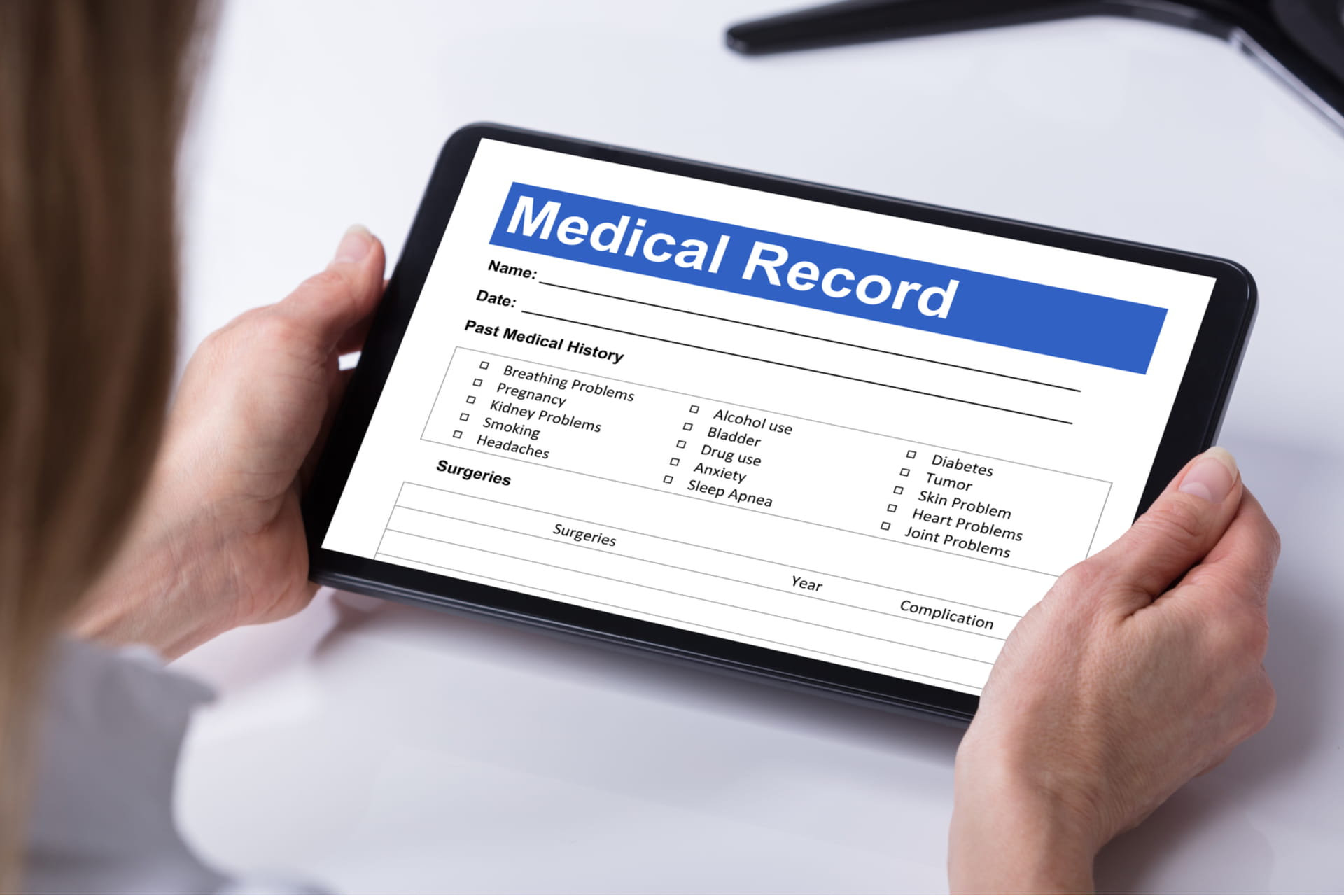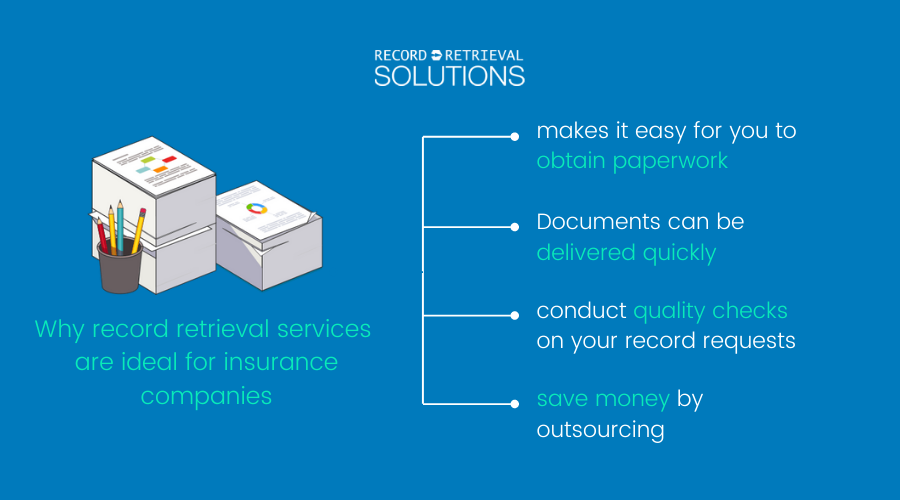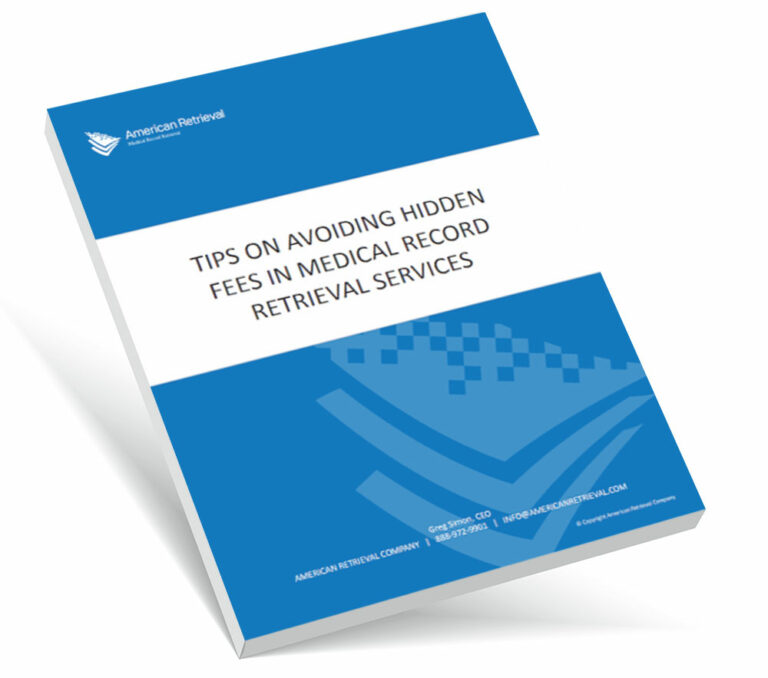Medical Records Retrieval For Insurance Companies

Imagine Sarah, a diligent claims adjuster, navigating a mountain of paperwork, each sheet a puzzle piece in a complex medical history. Sunlight streams through her office window as she meticulously reviews faxed documents, often blurry and incomplete. The clock is ticking, and beneficiaries are waiting. Sarah's challenge isn't unique; it's a daily reality for countless professionals in the insurance industry.
This article explores the intricate world of medical records retrieval for insurance companies, highlighting its challenges, evolving solutions, and the profound impact it has on both insurers and those they serve. Efficient retrieval of medical records is crucial for accurate claims processing, fraud detection, and ensuring timely access to benefits. We'll delve into the historical context, current trends, and future possibilities shaping this essential process.
The Labyrinth of Legacy Systems
The traditional method of medical records retrieval is often a frustrating dance with outdated technology. Fax machines, snail mail, and phone calls dominate, creating bottlenecks and delays. Hospitals and clinics, often burdened with their own legacy systems, struggle to efficiently fulfill requests.
This reliance on manual processes can lead to errors, lost documents, and increased administrative costs for both insurers and healthcare providers. The result? Slower claims processing times, frustrated beneficiaries, and a greater risk of inaccuracies.
According to a 2023 report by the American Medical Association (AMA), the administrative burden associated with prior authorization and claims processing costs the healthcare industry billions of dollars annually. A significant portion of this burden stems from the inefficient exchange of medical information.
Enter the Digital Age: A Ray of Hope
Fortunately, the digital age offers a glimmer of hope. Electronic Health Records (EHRs) and Health Information Exchanges (HIEs) are gradually transforming the landscape. These technologies promise to streamline the retrieval process, making it faster, more accurate, and more secure.
EHRs allow healthcare providers to store and manage patient information electronically, eliminating the need for paper-based records. HIEs facilitate the secure exchange of patient information between different healthcare organizations.
However, the transition to digital solutions hasn't been seamless. Interoperability issues, data security concerns, and varying levels of adoption across different healthcare providers present ongoing challenges.
Navigating HIPAA and Privacy Concerns
Data privacy is paramount in the realm of medical records retrieval. The Health Insurance Portability and Accountability Act (HIPAA) sets strict guidelines for protecting patient information.
Insurance companies must adhere to these guidelines when requesting and handling medical records. Ensuring compliance requires robust security measures, employee training, and a clear understanding of patient rights.
Data breaches and privacy violations can result in significant legal and reputational consequences. Investing in secure technologies and implementing comprehensive privacy policies are crucial for mitigating these risks.
The Rise of Specialized Retrieval Services
Recognizing the complexities and challenges involved, specialized medical records retrieval services have emerged to bridge the gap. These companies act as intermediaries, streamlining the retrieval process for insurance companies.
They leverage technology and expertise to efficiently obtain medical records from various healthcare providers. This allows insurance companies to focus on core competencies, such as claims adjudication and customer service.
Many of these services offer features like automated request tracking, secure document storage, and HIPAA compliance assistance. By outsourcing the retrieval process, insurers can significantly reduce turnaround times and improve accuracy.
AI and Automation: The Future of Retrieval
Artificial intelligence (AI) and automation are poised to revolutionize medical records retrieval. AI-powered systems can extract relevant information from medical records, identify potential fraud, and automate many of the manual tasks involved in the retrieval process.
For example, AI algorithms can analyze medical records to identify patterns of overbilling or unnecessary treatments. This can help insurance companies detect and prevent fraud, saving significant amounts of money.
Automation can also streamline the process of requesting and tracking medical records. Automated systems can send requests to healthcare providers, monitor their progress, and alert adjusters when documents are received.
The Impact on Claims Processing and Beneficiaries
Efficient medical records retrieval has a direct and positive impact on claims processing. By obtaining accurate and complete medical information quickly, insurers can make informed decisions about claims.
This leads to faster claims processing times, reduced administrative costs, and improved customer satisfaction. Beneficiaries receive their benefits more quickly, reducing financial stress and uncertainty.
Ultimately, a streamlined retrieval process benefits everyone involved. It improves the efficiency of the insurance industry, reduces the burden on healthcare providers, and ensures that beneficiaries receive the timely support they need.
Looking Ahead: A Vision for Seamless Data Exchange
The future of medical records retrieval envisions a seamless and secure exchange of information between healthcare providers and insurance companies. This vision is characterized by interoperable systems, standardized data formats, and robust privacy protections.
Achieving this vision requires collaboration between government agencies, healthcare organizations, and technology providers. It also requires a commitment to investing in the infrastructure and technologies needed to support seamless data exchange.
As technology continues to evolve, the possibilities for improving medical records retrieval are endless. By embracing innovation and working together, we can create a system that is more efficient, more secure, and more responsive to the needs of both insurers and beneficiaries. The promise of a truly interconnected healthcare system is within reach, and it's a future worth striving for.
Ultimately, the story of medical records retrieval is a story about progress. It's about moving from outdated, inefficient processes to modern, technology-driven solutions. And it's about the power of innovation to improve the lives of countless individuals navigating the complexities of healthcare and insurance. The journey is ongoing, but the destination – a system that is efficient, accurate, and patient-centered – is one we can all look forward to.


















